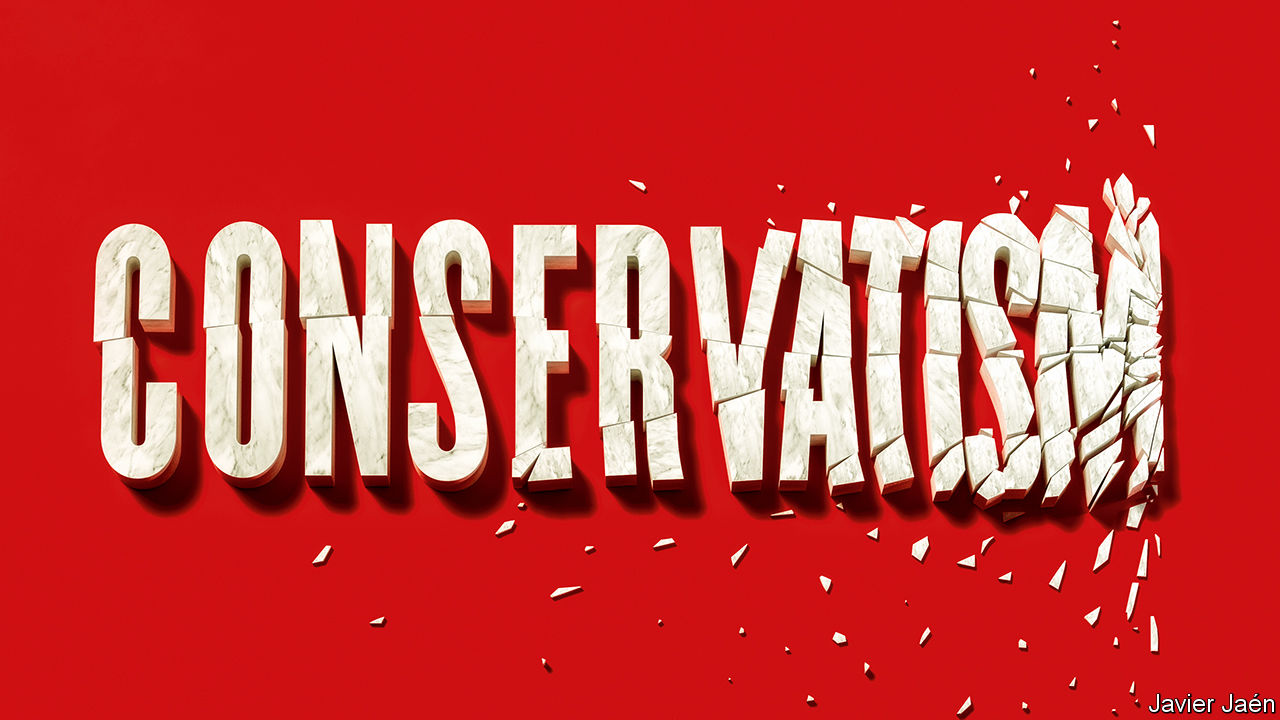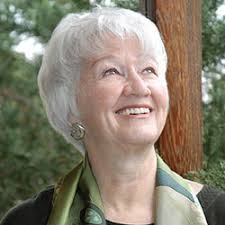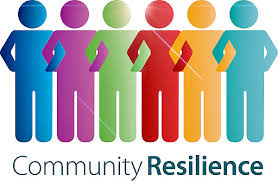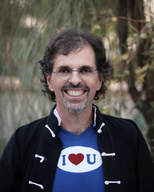|
During a recent visit to the White Mountains of Northern Arizona, Maria and I walked by a mansion proudly displaying a sign with the following message, “KEEP AMERICA GREAT.” In three words, this sign captured the essence of conservatism, which is: Everything is fine the way it is. Leave it alone!
Conservatives maintain that existing institutions and policies must be preserved in the name of social stability and continuity. There are certainly times when this position makes sense. As the old saying goes, “If it ain’t broke, don’t fix it.” But the summer of 2020 is not one of those times. As I write this, the United States has recorded over six million cases of COVID-19, with nearly 200,000 fatalities. Unemployment has reached its highest levels in over 60 years. Major American cities face violence and unrest in response to a tidal wave of police brutality and systemic racism. Political divisiveness is tearing apart our families and communities. Climate change is taking its toll on our country, with raging forest fires in California; one of the most powerful hurricanes ever recorded striking the Gulf Coast; and record-breaking heat waves producing temperatures as high as 130 degrees in Death Valley.
At a time of unprecedented crisis, we must take our cues from Nature. As evolutionary biologist Elisabet Sahtouris points out, “Nature is conservative with what works well and is radically creative when crisis strikes.” We see evidence of rapid adaptation and change throughout the natural world. For example, mussels and other sea creatures have already adapted to live in the more acidic ocean conditions caused by climate change.
Other species have done more than just adapt to less tolerable conditions. They have actually altered those conditions in ways that have made the planet more livable. According to Sahtouris, there was a time, approximately two billion years ago, when only single-celled bacteria populated the Earth. These bacteria were so prolific that they caused worldwide crises of hunger and pollution. The problem was that they were all competing for the same food sources and producing the same waste products. In short order, they evolved specialization so that the waste product of one organism would be the food source for another. These bacteria were also able to harness solar energy, invent breathing, and establish elaborate communications networks. Perhaps most importantly, they came together to form cooperative communities, which are the precursors of the nucleated cells found in our own bodies today. And they did it all without the benefit of a brain. Now, imagine what we humans can do with our extraordinary creativity. The first challenge is to put conservatism on hold for now so that you can embrace change. Whether you like it or not, major change is coming. Scholars and sages have long understood that every crisis represents an opportunity—and a choice. If you choose to hold onto the past, you will be crushed by the enormous forces that are being unleashed right now. It would be like trying to stand up to a giant ocean wave. On the other hand, you can seize the chance to harness that energy in productive ways. The crisis we now face is actually a set of converging crises, all of which stem from our own alienation. We perceive ourselves as individual entities: alone, isolated, and self-contained. Our sense of disconnection—from other people, other species, and the Earth itself—have led to the unsustainable behaviors we see modeled on a daily basis in our leaders and institutions: aggression, conquest, divisiveness, greed, hostility, intolerance, jealousy, racism, and selfishness. Now is the time for what Sahtouris calls “creative cooperation.” We have now entered into an age of global cataclysmic change. The current pandemic is just a taste of the disturbances that are going to impact our lives on a daily basis. If some of the experts I’ve interviewed on the Nature Am I podcast are right, here is some of what we can expect to deal with in the next decade: food shortages, runaway inflation, energy rationing, massive unemployment, drought, and the health effects of an increasingly toxic environment. The only way we get through these challenges is by looking beyond our perceived differences and pulling together as one. “Life doesn’t make any sense without interdependence,” wrote psychologist Erik Erikson. “We need each other, and the sooner we learn that, the better for us all.”
One important way we can practice creative cooperation is by developing a resilience plan for our local community. Such a plan would prepare our community to withstand major disturbances and disruptions to global supply chains, which provide basic necessities like food, shelter, water, and energy.
To learn more about what you can do to build community resilience, please check out this interview with Richard Heinberg of the Post Carbon Institute:
0 Comments
Leave a Reply. |
I want to hear from you! Please share your questions and comments. And sign up for my newsletter, where I will pass along the insights, ideas, and inspiration that come my way.
Contact me:Archives
November 2023
|




 RSS Feed
RSS Feed
